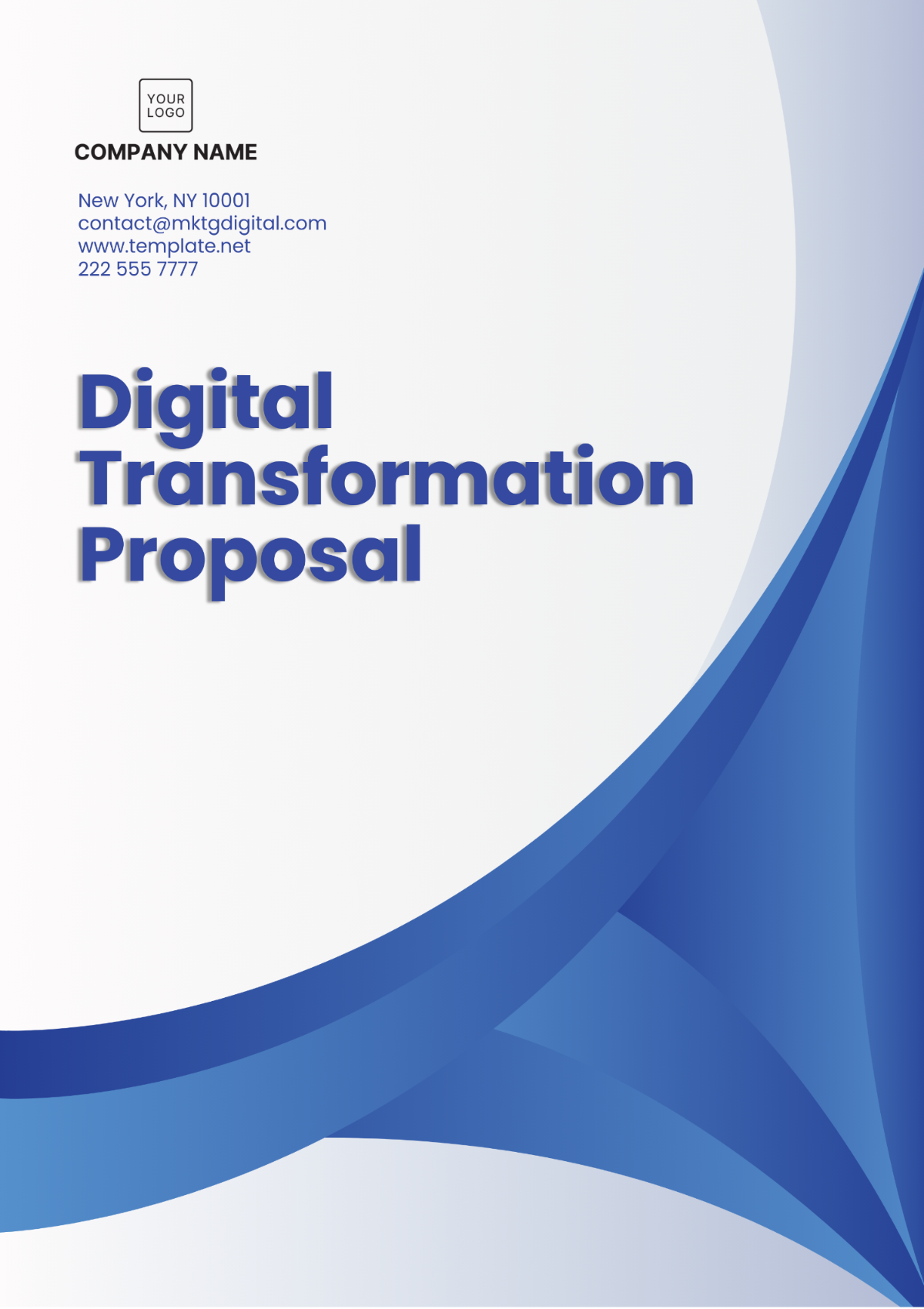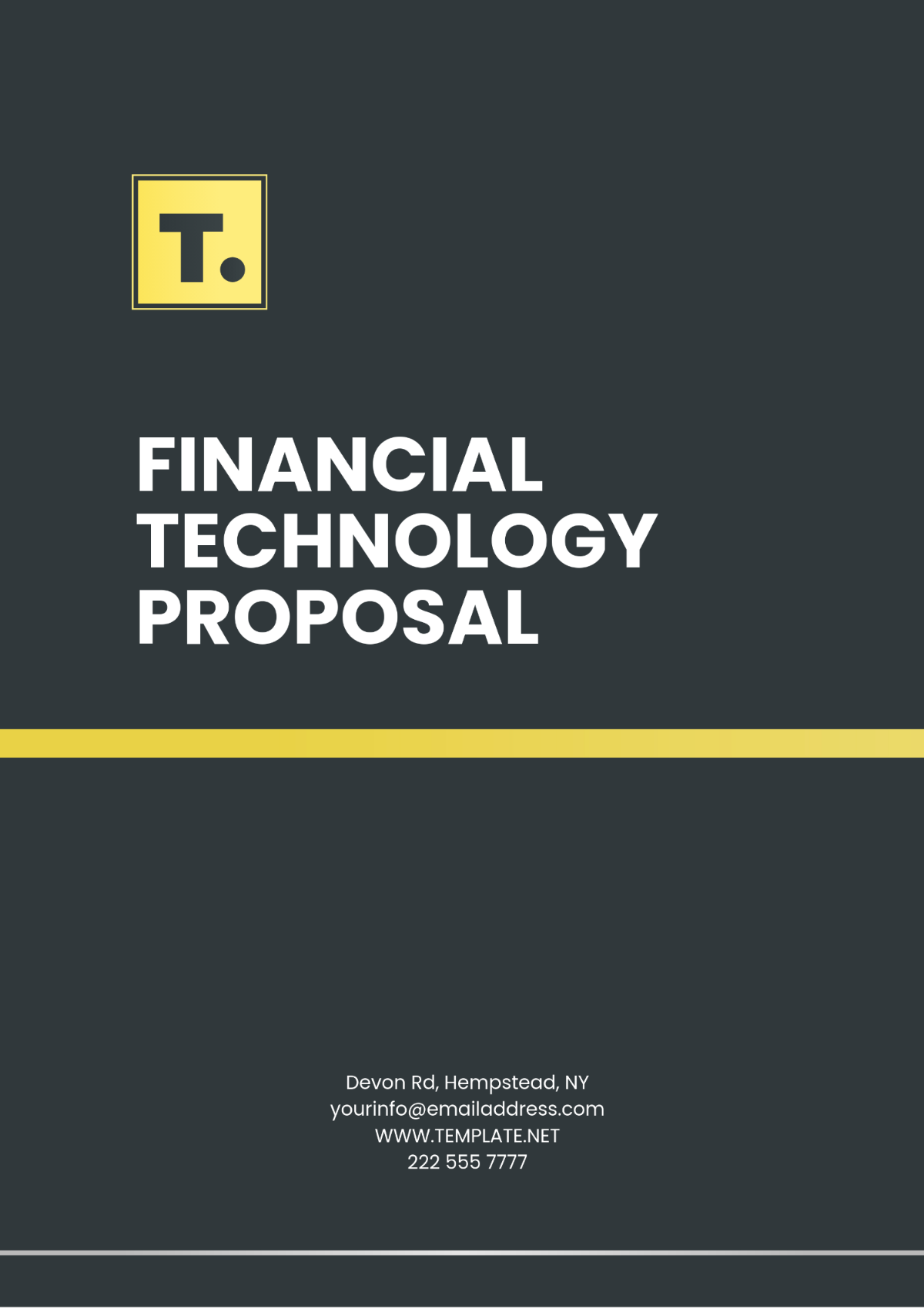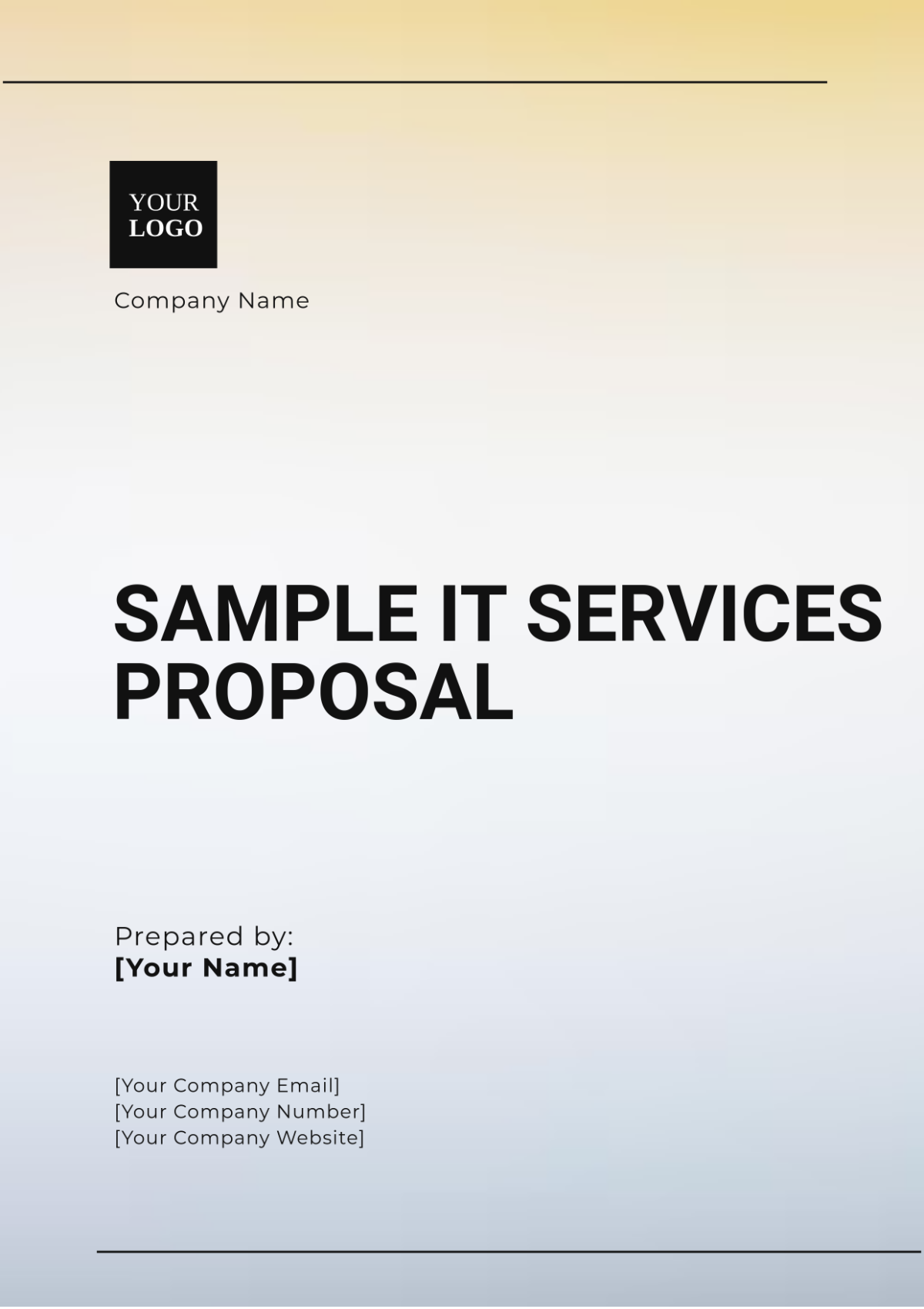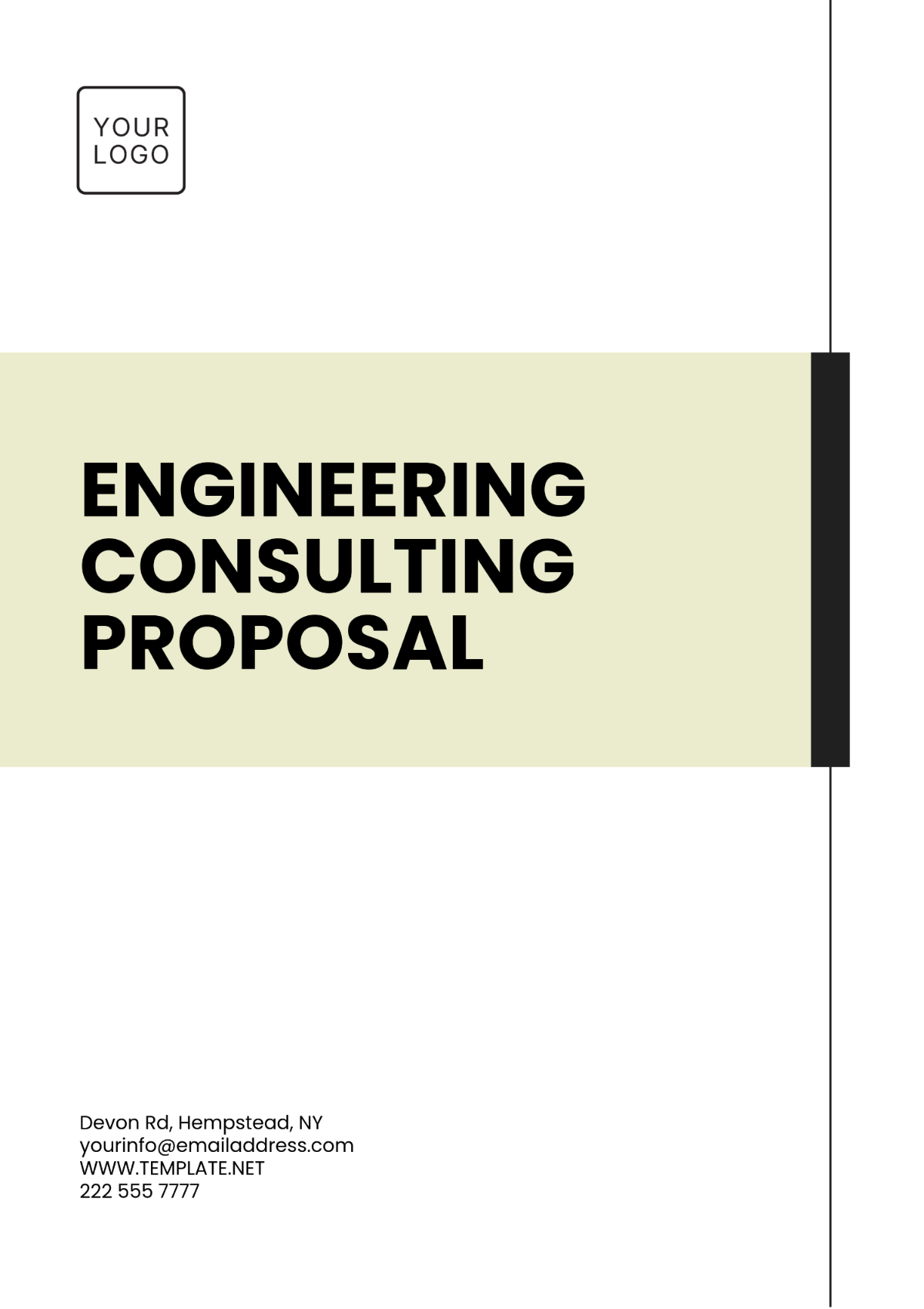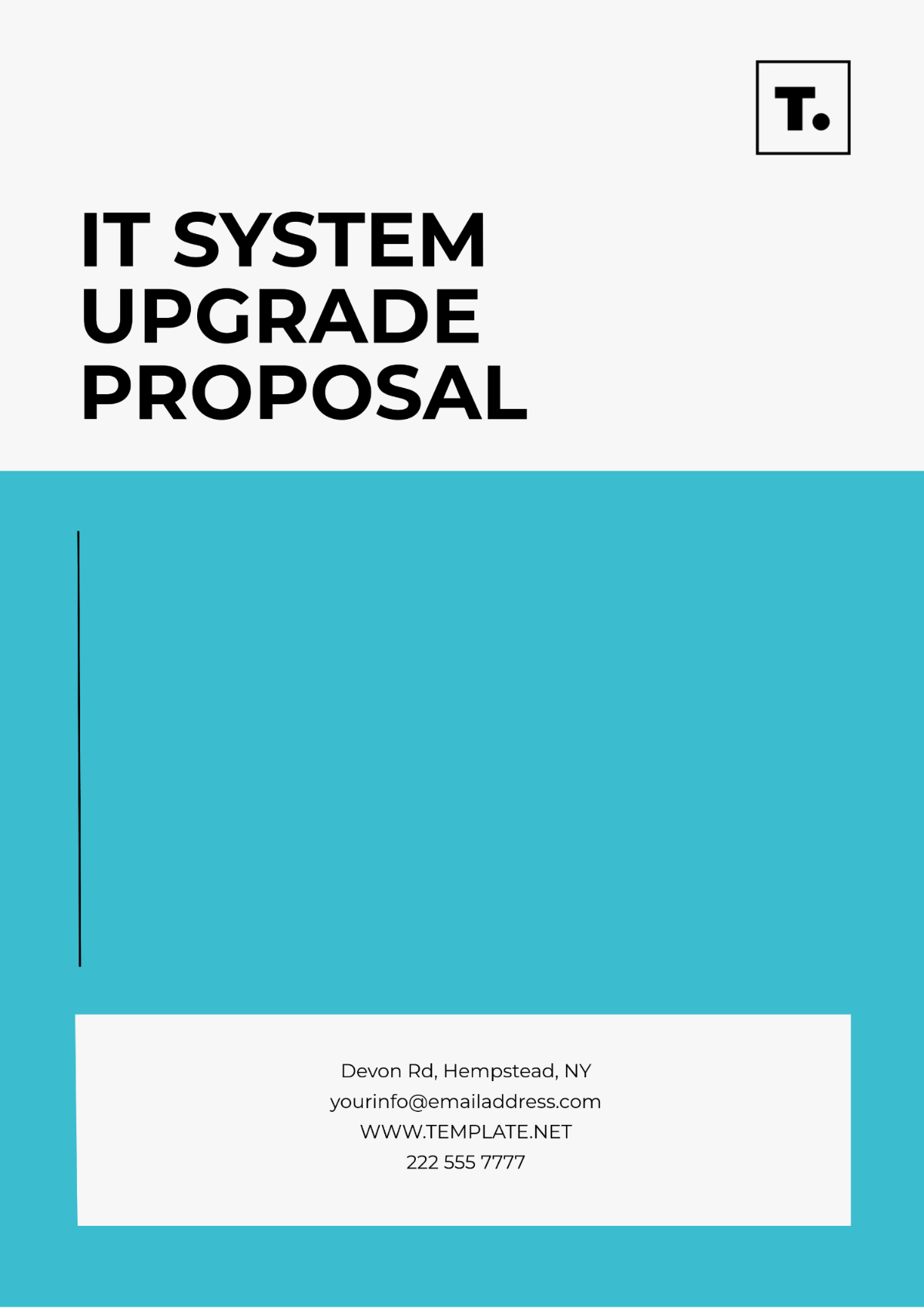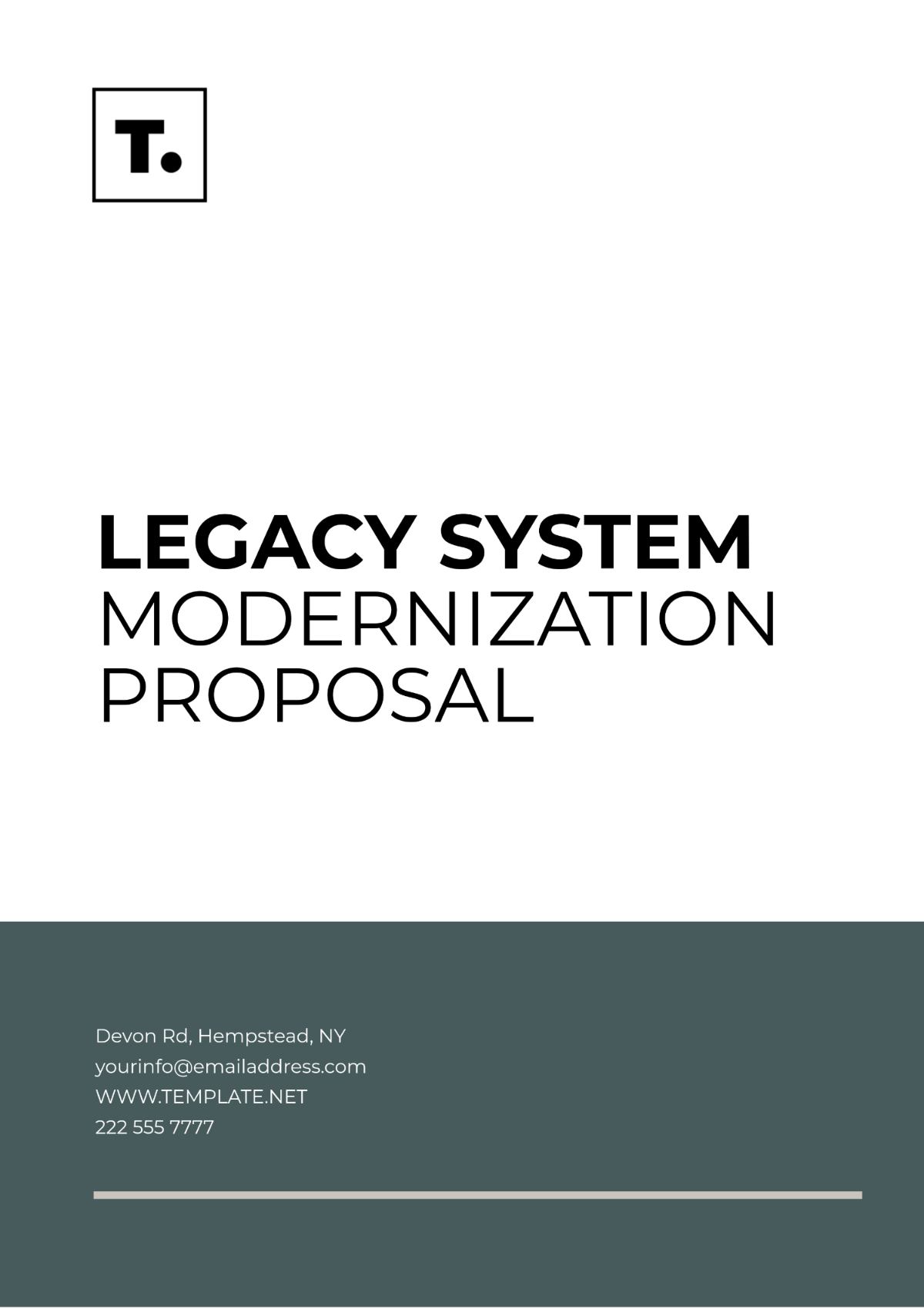Technical Project Proposal
1. Executive Summary
This proposal outlines the development of a Solar-Powered Smart Waste Management System designed to enhance the efficiency of waste collection in San Francisco. The system will utilize solar energy to power smart bins equipped with sensors that monitor waste levels and optimize collection routes, ultimately reducing operational costs and environmental impact. Our goal is to deploy the system in targeted areas of the city within 12 months, with projected savings of 20% in waste management costs.
2. Project Background
San Francisco is committed to reducing waste and enhancing recycling efforts. However, the current waste collection system is inefficient, leading to increased operational costs and overflowing bins. A pilot study conducted by GreenTech Innovations in 2023 showed that smart waste bins could reduce collection frequency by 30%, resulting in significant fuel and labor savings. This project aims to build on those findings and implement a scalable solution citywide.
3. Project Objectives
Develop 100 solar-powered smart waste bins within six months.
Implement a data analytics platform to monitor bin usage and optimize collection routes.
Reduce waste collection costs by 20% within the first year of operation.
Increase recycling rates by 15% through improved accessibility and education.
4. Scope of Work
Deliverables:
100 solar-powered smart waste bins with waste level sensors.
Data analytics platform for real-time monitoring and route optimization.
User training materials and workshops for city staff.
Activities:
Design and prototype smart waste bins (Month 1-2).
Install solar panels and sensors on bins (Months 3-5).
Develop and test the data analytics platform (Months 4-6).
Conduct training sessions for city staff (Month 7).
Timeline:
Month 1-2: Design and prototyping
Month 3-5: Installation and testing
Month 6-8: Data platform development
Month 9-12: Deployment and training
5. Methodology
The project will utilize the following methodologies:
Design Phase: Collaborate with engineers and designers to create user-friendly, durable smart bins that withstand urban environments.
Technology: Implement IoT sensors that connect to a cloud-based platform for real-time data tracking and analytics.
Pilot Testing: Conduct a pilot program in the Civic Center area to gather feedback and make necessary adjustments before citywide deployment.
6. Budget
Personnel Costs: $120,000
Project Manager: $60,000
Engineers (2): $40,000
Data Analyst: $20,000
Equipment and Materials: $150,000
Smart bins (100 units at $1,200 each): $120,000
Sensors and solar panels: $30,000
Other Costs:
Software Development: $50,000
Training and Workshops: $10,000
Contingency (10%): $32,000
Total Estimated Budget: $362,000
7. Impact Assessment
Success will be measured through:
Reduction in collection frequency and operational costs.
Analysis of data collected to assess bin usage and recycling rates.
Surveys of city staff and residents for feedback on the new system.
8. Risks and Mitigation
Technical Failure: Implement a robust testing phase to ensure reliability.
Resistance to Change: Conduct outreach and education to inform stakeholders of the benefits.
Budget Overruns: Include a contingency budget and monitor expenses closely.
9. Conclusion
The Solar-Powered Smart Waste Management System represents an innovative approach to enhancing waste management efficiency in San Francisco. By leveraging technology and sustainability, this project will not only reduce costs but also contribute to the city’s environmental goals. We invite you to discuss this proposal further and explore how we can collaborate for a cleaner, more efficient future.
Appendices
Appendix A: Detailed Project Timeline
Appendix B: Team Resumes
Appendix C: Case Studies from the Pilot Program







